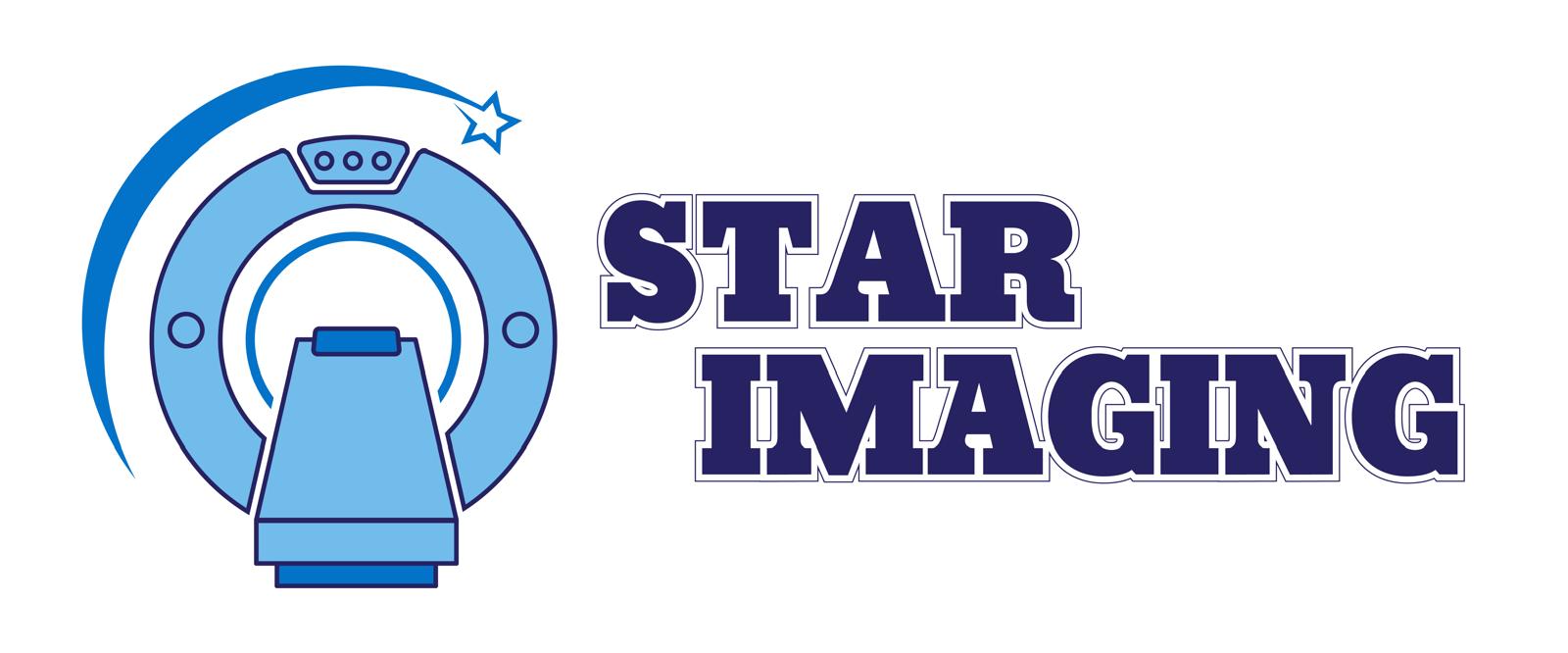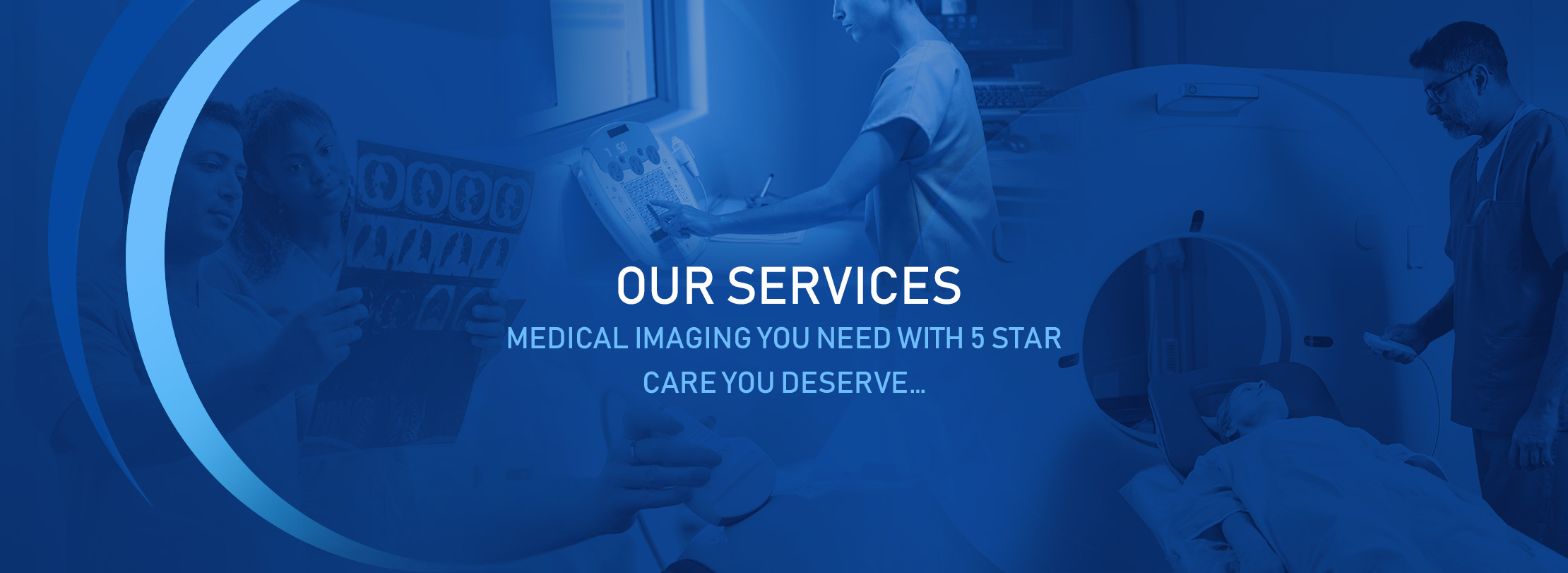
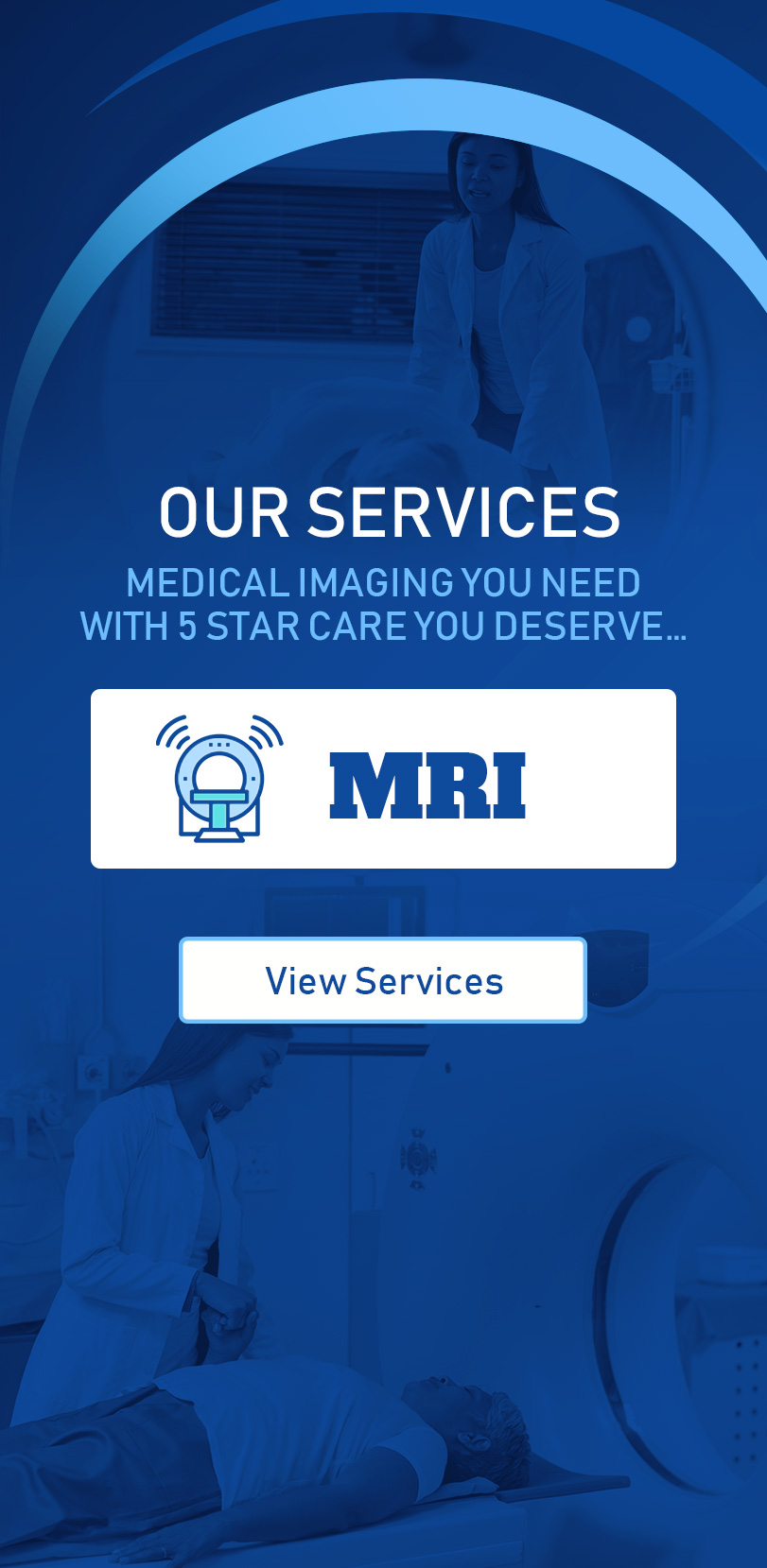
MRI Services
At Star Imaging, we are committed to delivering advanced and accurate imaging for proper care.
What is an MRI?
An MRI (magnetic resonance imaging) scan is a painless test that produces very clear images of the organs and structures inside your body. MRI uses a large magnet, radio waves and a computer to produce these detailed images. It doesn’t use X-rays (radiation).
Because MRI doesn’t use X-rays or other radiation, it’s the imaging test of choice when people will need frequent imaging for diagnosis or treatment monitoring, especially of their brain.
What does an MRI show?
Magnetic resonance imaging (MRI) produces detailed images of the inside of your body. Healthcare providers can “look at” and evaluate several different structures inside your body using MRI, including:
✔ Your brain and surrounding nerve tissue.
✔ Organs in your chest and abdomen, including your heart, liver, biliary tract, kidneys, spleen, bowel, pancreas and adrenal glands.
✔ Breast tissue.
✔ Your spine and spinal cord.
✔ Pelvic organs, including your bladder and reproductive organs (uterus and ovaries in people assigned female at birth and the prostate gland in people assigned male at birth).
✔ Blood vessels.
✔ Lymph nodes.
When would I need an MRI?
Healthcare providers use magnetic resonance imaging (MRI) to help diagnose or monitor the treatment for many different conditions. There are also different types of MRIs based on which area of your body your provider wants to examine.
Is an MRI safe?
An MRI scan is generally safe and poses almost no risk to the average person when appropriate safety guidelines are followed.
The strong magnetic field the MRI machines emit is not harmful to you, but it may cause implanted medical devices to malfunction or distort the images.
There’s a very slight risk of an allergic reaction if your MRI requires the use of contrast material. These reactions are usually mild and controllable by medication.
Healthcare providers generally don’t perform gadolinium contrast-enhanced MRIs on pregnant people due to unknown risks to the developing baby unless it’s absolutely necessary.
Who shouldn't get an MRI?
In most cases, an MRI exam is safe for people with metal implants, except for a few types. Unless the device you have is certified as MRI safe, you might not be able to have an MRI. These devices may include:
✔ Metallic joint prostheses. (can be removed during exam)
✔ Some cochlear implants.
✔ Some types of clips used for brain aneurysms.
✔ Some types of metal coils placed within blood vessels.
✔ Some older cardiac defibrillators and pacemakers.
✔ Vagus nerve stimulators.
If your healthcare provider recommends an MRI scan, they’ll ask detailed questions about your medical history and any medical devices or implants you may have in or on your body.
Who performs an MRI?
A radiologist or a radiology technologist will perform your MRI. A radiologist is a medical doctor who performs and interprets imaging tests to diagnose conditions. A radiology technologist is a highly skilled and certified healthcare professional who specializes in operating MRI scanners to produce diagnostic images.
How does an MRI work?
Magnetic resonance imaging (MRI) works by passing an electric current through coiled wires to create a temporary magnetic field in your body. A transmitter/receiver in the machine then sends and receives radio waves. The computer then uses these signals to make digital images of the scanned area of your body.
How do I prepare for an MRI?
The magnetic resonance imaging (MRI) scanner uses strong magnets and radio wave signals that can cause heating or possible movement of some metal objects in your body. This could result in health and safety issues. It could also cause some implanted electronic medical devices to malfunction.
If you have metal-containing objects or implanted medical devices in your body, your healthcare provider needs to know about them before your MRI scan. Certain implanted objects may require additional scheduling arrangements and special instructions. Other items don’t require special instructions but may require an X-ray to check on the exact location of the object before your exam.
Please tell your provider and MRI technologist if you have any of the following:
✔ Heart pacemaker or defibrillator.
✔ Electronic or implanted stimulators or devices, including deep brain stimulators, vagus nerve stimulators, bladder stimulators, spine stimulators, neurostimulators and implanted electrodes or wires.
✔ Metallic joint prostheses.
✔ Cochlear implant or other ear implants.
✔ Implanted drug pumps, such as those that pump narcotic/pain medications or drugs to treat spasticity.
✔ Programmable shunt.
✔ Aneurysm clips and coils.
✔ Stents not located in your heart.
✔ Filters, such as blood clot filters.
✔ Metal fragments in your body or eye, such as bullets, shrapnel, metal pieces or shavings.
You won’t be able to wear the following devices during your MRI. Please coordinate your MRI appointment with the day you need to change your patch or device.
✔ Continuous glucose monitor (CGM).
✔ Insulin pump.
✔ Medication patches.
In addition, tell your provider if you:
✔ Are pregnant.
✔Are not able to lie on your back for 30 to 60 minutes.
✔ Have claustrophobia (fear of enclosed or narrow spaces).
Leave all jewelry and other accessories at home or remove them before your MRI scan. Metal and electronic items aren’t allowed in the exam room because they can interfere with the magnetic field of the MRI unit, cause burns or become harmful projectiles. These items include:
✔ Jewelry, watches, credit cards and hearing aids — all of which can be damaged.
✔ Pins, metal hair accessories, underwire bras and metal zippers, which can distort MRI images.
✔ Removable dental work, such as dentures.
✔ Pens, pocket knives and eyeglasses.
✔ Body piercings.
✔ Cell phones, electronic watches and tracking devices.
How long does an MRI scan take?
The duration of an MRI scan can vary, but it typically lasts from 15 to 90 minutes, depending on the size of the area being scanned and the number of images needed.
What should I expect during an MRI?
Most MRI exams are painless, but some people find it uncomfortable to remain still for 30 minutes or longer. Others may experience anxiety from the closed-in space while in the MRI machine. The machine can also be noisy.
The general steps of an MRI scan and what to expect include:
✔ You’ll change into a hospital gown for the MRI scan.
✔ You’ll lie face up for most exams on the MRI scanning bed. The MRI scanning bed will slide into the MRI machine.
✔ As the MRI scan begins, you’ll hear the equipment making a variety of loud knocking and clicking sounds while it’s taking the images. Each series of sounds may last for several minutes. You’ll be given earplugs or headphones to wear to protect your hearing before the procedure begins.
✔ It’s important to be very still during the exam to ensure the best quality of images.
✔ It’s normal for the area of your body being imaged to feel slightly warm. If it bothers you, tell the radiologist or technologist.
✔ The MRI technologist will be able to see you and can talk with you at all times. An intercom system allows two-way communication while you’re inside the scanner. You’ll also have a call button in your hand that you can push to let the technologist know if you’re having any problems or concerns.
In some cases, your MRI may require contrast. If this applies to you, a provider will give you an IV injection of contrast material before you undergo the MRI. The IV needle may cause some discomfort but this won’t last long. You may have some bruising afterward. Some people experience a temporary metallic taste in their mouth after the contrast injection.
If you have claustrophobia, your provider may recommend a sedative drug so you feel more relaxed during the exam or even anesthesia.
What should I expect after an MRI?
If you didn’t have a sedative drug for the MRI scan, no recovery period is necessary. You can go home and resume your normal activities. If you had sedative drugs for the exam, you’ll need to recover from the effects of them before you can go home. You may need to have someone else drive you home.
When should I know the results?
After your MRI scan, a radiologist will analyze the images. The radiologist will send a signed report to your primary healthcare provider, who will share the results with you. You may need a follow-up exam. If so, your provider will explain why.
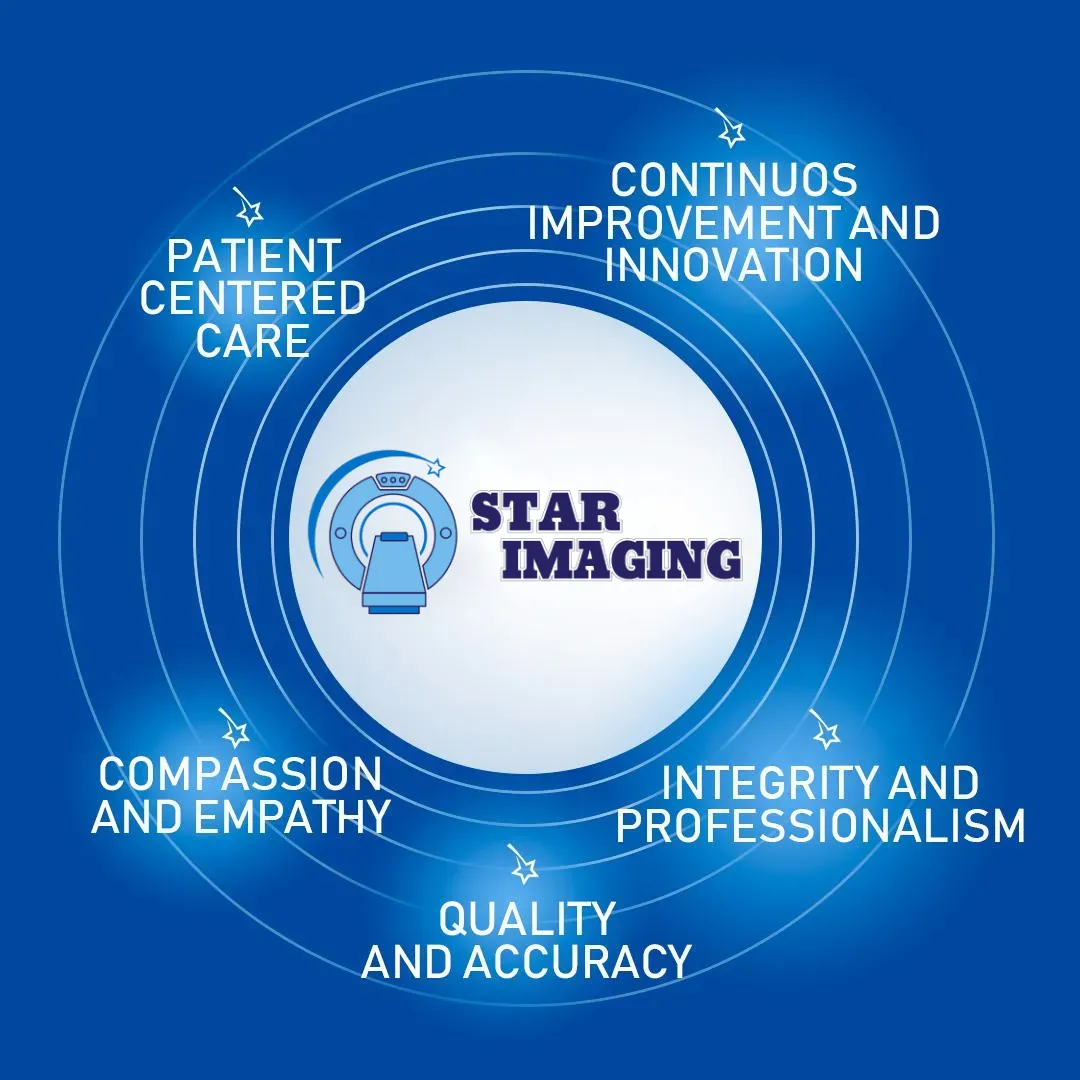
Why choose us?
At Star Imaging, with 25+ years of combined experience we're dedicated to providing high-quality outpatient diagnostic imaging services in a comfortable and caring environment. Our state-of-the-art facility is equipped with the latest technology, and our team of experienced radiologists and technologists are committed to delivering accurate and timely diagnosis.
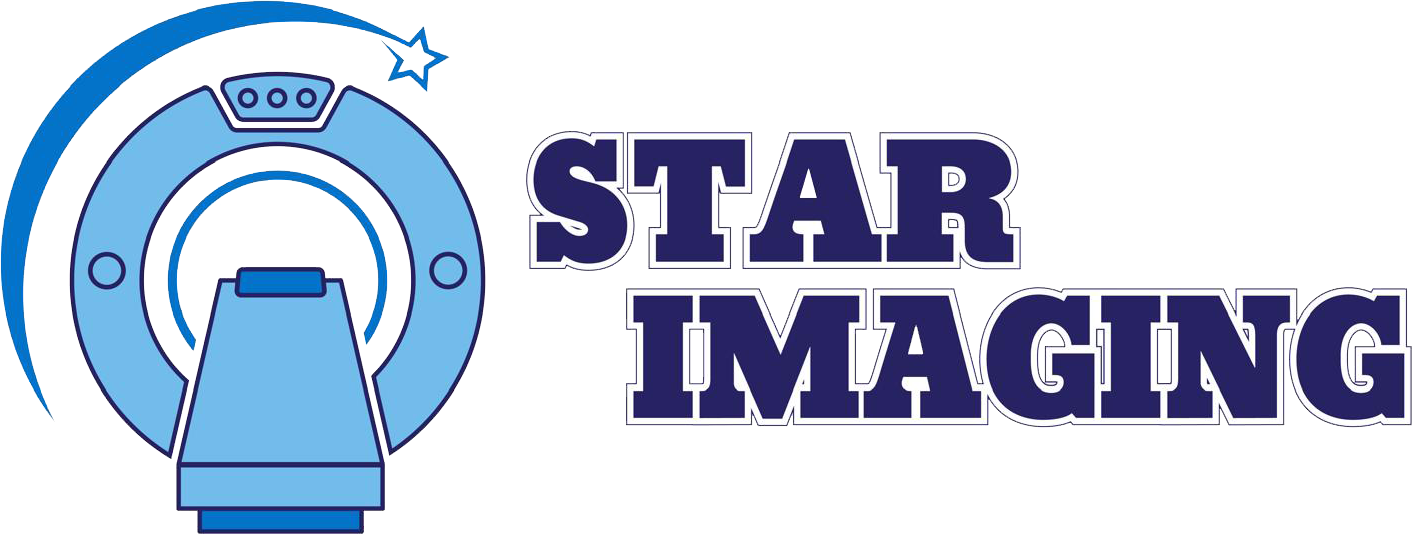
Star Imaging
Phone: (832)391-6173
Fax: (832)391-6178
Email: [email protected]
Web: stardiagnosticimaging.com
Address: 1718 N. Fry Rd, Suite 350,
Houston TX 77084
